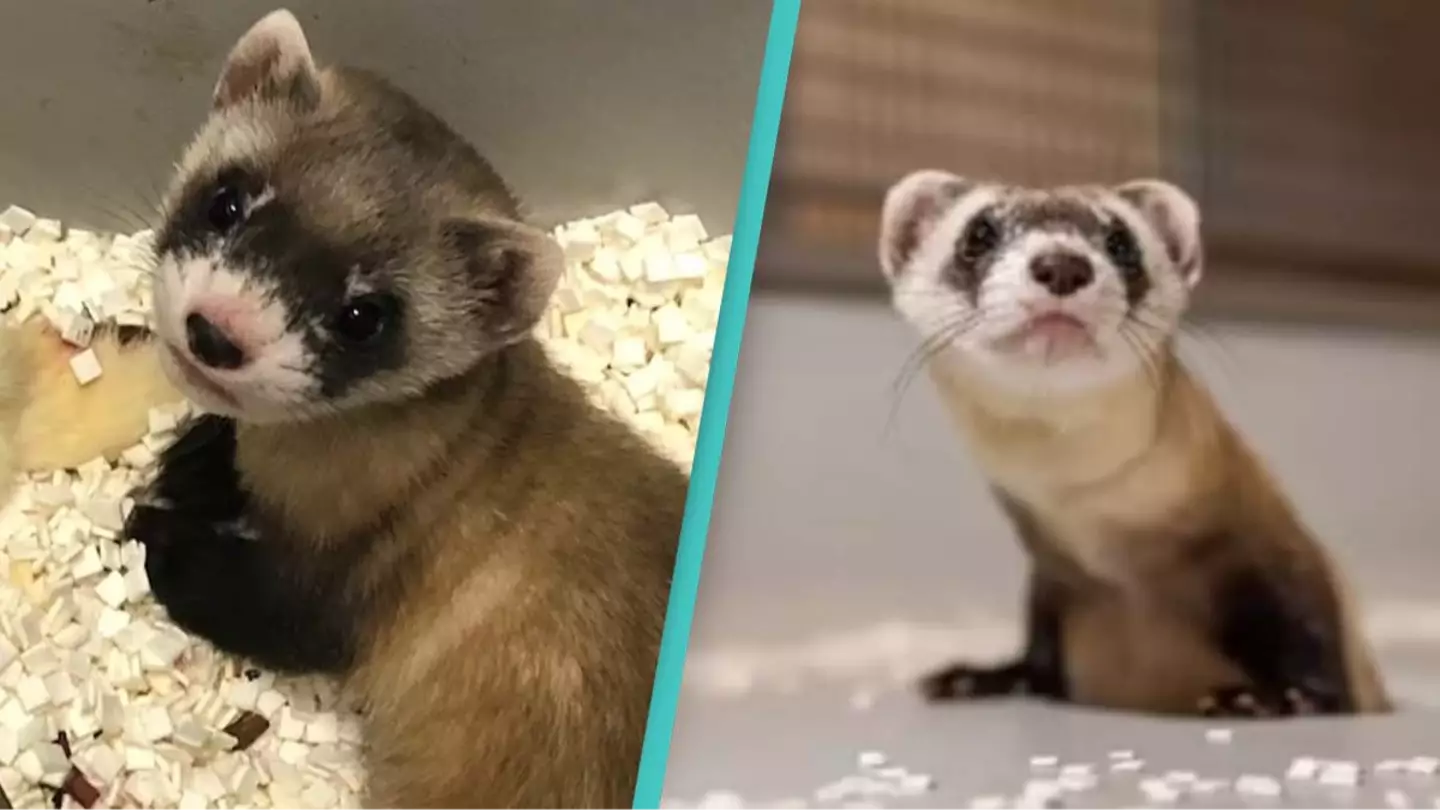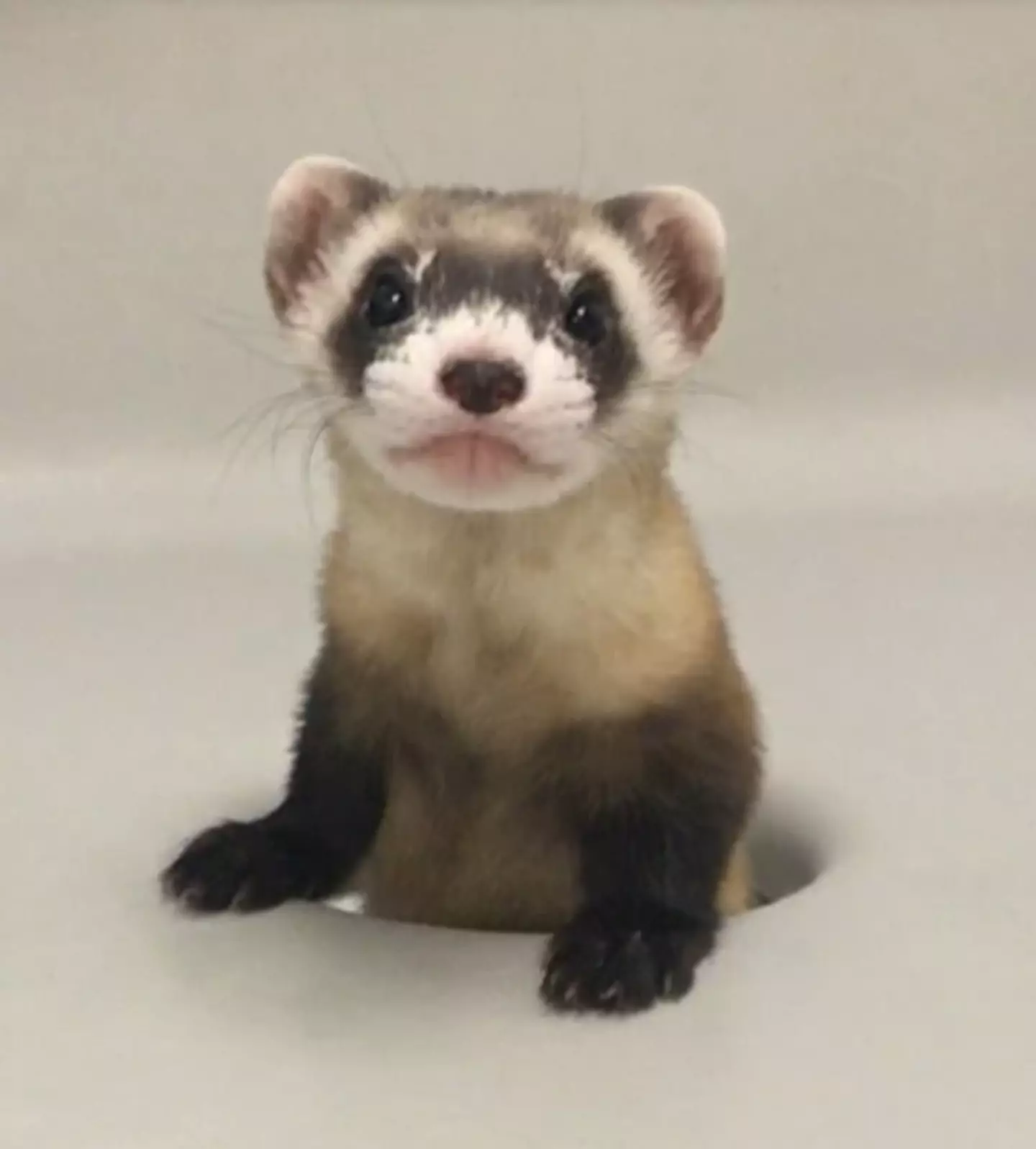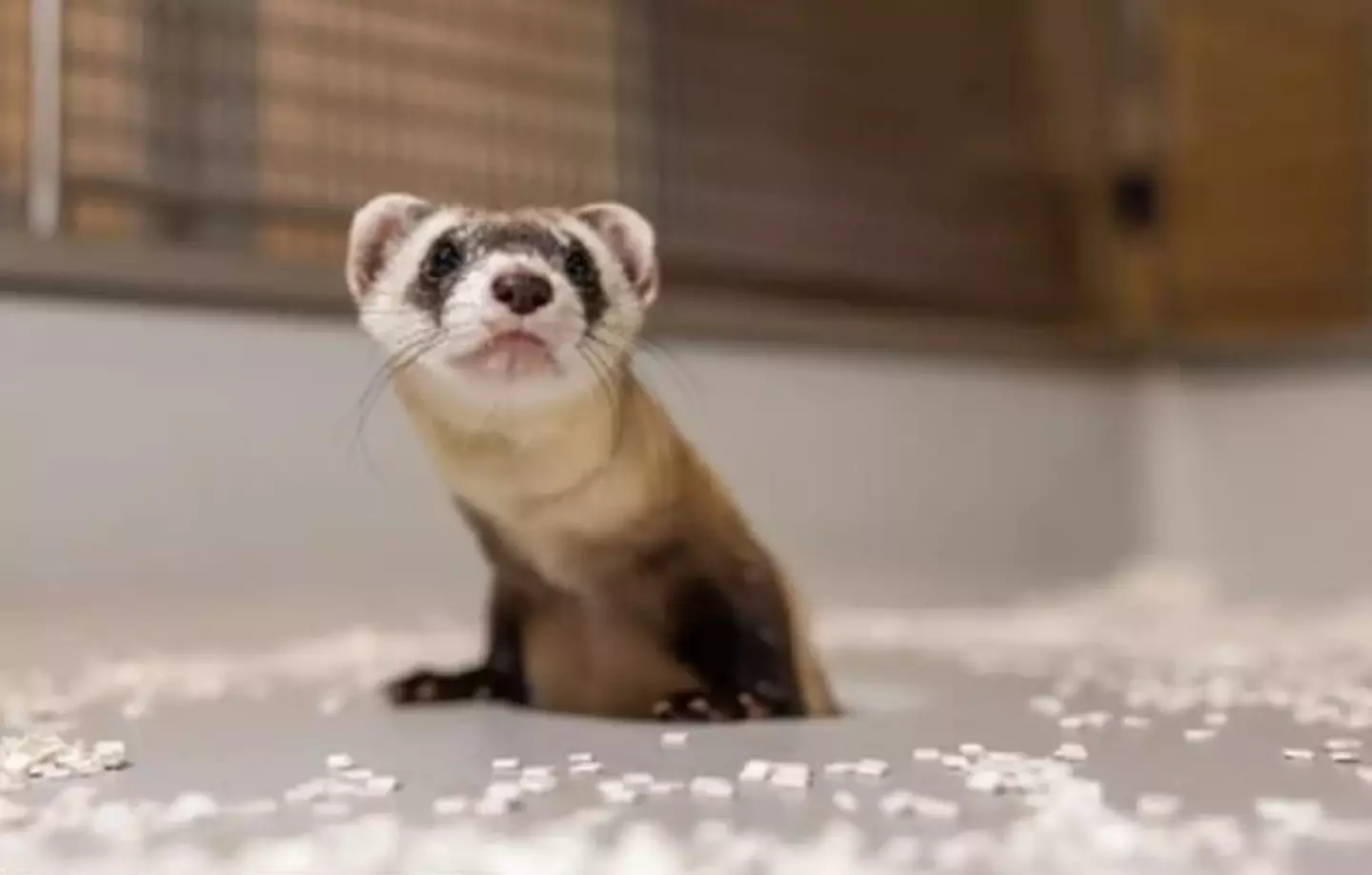
Scientists in the US have successfully cloned an animals which is in danger of going extinct.
The species has dwindled to just 300 individuals in the wild and the cloning was achieved using DNA that had been stored since the 1980s.
Now, two individuals in the species have been successfully cloned and scientists are hoping that they can use them to help repopulate.
Advert
The process of cloning is similar to that used to clone Dolly the Sheep back in 1996, and is called somatic cell cloning.
But how does this process work?
Scientists remove DNA tissue from a donor cell, and then replace the DNA which already exists in an egg cell.
Once this is accomplished the scientists implant that egg cell into a surrogate animal from the same species.
The egg then gestates as normal, and when the surrogate gives birth then the cloned animal is genetically identical to the animal it was cloned from.
But what is the endangered animal that the scientists have managed to clone?

Meet the black-footed ferret.
Native to the US, it might look like the most adorable and cute animal going, but don't be fooled.
Behind that angelic, fluffy little face and the little tufty ears is a ruthless hunter, which sneaks into the burrows of prairie dogs and kills them in their sleep.
But just look at that face though... definitely no razor sharp teeth in there.
Two black-footed ferrets have now been born from cloning, and have been called Noreen and Antonia.
Noreen and Antonia were bred out of tissue samples, which had been frozen since 1988, from a black-footed ferret named Willa.
The fact that the samples are from more than 30 years ago is actually a crucial factor in why they were chosen.
One of the biggest challenges with very small populations of animals is a lack of genetic diversity.

The cell samples from the 1980s contain a lot more genetic mutations than those belonging to ferrets now.
So, reintroducing these genes could help to keep the population healthy by making the genetic pool more varied.
Dr. Marty Kardos, a geneticist at NOAA's Northwest Fisheries Science Center, told MailOnline: "With only seven genetic founders, the genetic diversity of the black-footed ferret has been a concern in the captive breeding program.
"Small population size and low genetic diversity are problematic. These conditions make populations more vulnerable to extinction."
For the time being, the ferrets will be kept in captivity so that scientists can observe long term effects of cloning.
Topics: Animals, News, Science, US News, Technology
